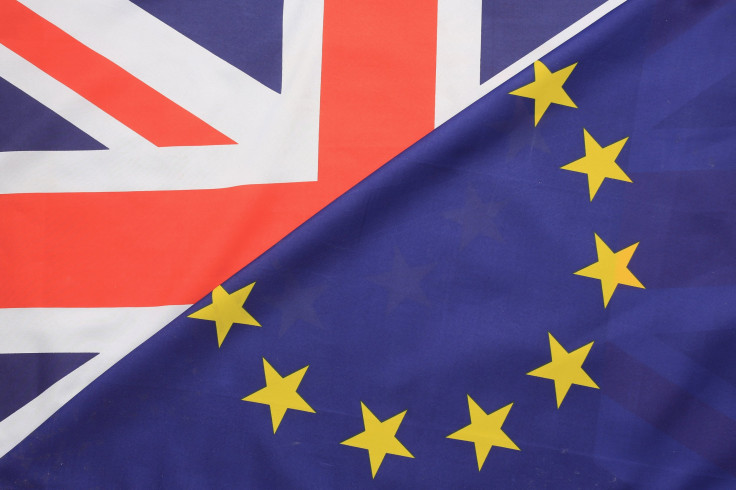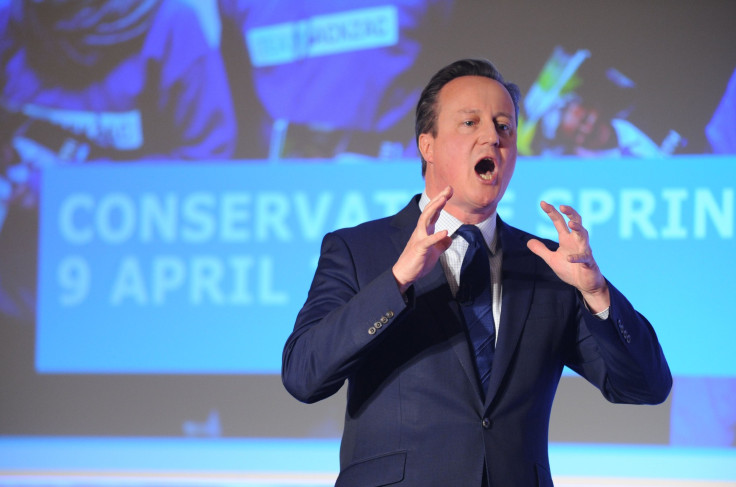Brexit Polls 2016: ‘Leave’ EU Support Edges Ahead In New Survey Prior To Referendum

The campaign in support of a so-called Brexit, or the U.K. leaving the European Union, has edged ahead of those in favor of remaining in the 28-country bloc, according to a weekly survey released Tuesday by polling agency ICM. The "Leave" campaign saw a lead of 1 percent over the "Stay" camp, with 45 and 44 percent support, respectively, and 11 percent of respondents saying they were undecided.
The referendum on the U.K.'s membership in the EU is slated to take place June 23, following a campaign promise made by Prime Minister David Cameron in the run-up to the 2015 general elections. The main issues at stake in the referendum concern the U.K.'s ability to protect itself, its economic prowess and its national sovereignty.
While the results of the ICM poll put the Leave campaign ahead, the race is predicted to be very close, and numerous other polls have put the Stay side slightly ahead. The Leave side held 43 percent support and the Stay side 46 percent, according to the Financial Times Brexit poll tracker, which takes the average of recently available polling data.

Proponents of a Brexit have argued the U.K. would have more control over its immigration and therefore its safety and sovereignty outside of the EU, while saying that the strength of London as an international financial hub would remain potent with or without the EU. Those against a Brexit say part of what has kept the U.K. safe and economically thriving has been its membership in the 28-country bloc and its single market.
A continentwide migration crisis, as well as the threat of domestic terror, has intensified the already heated debate ahead of the referendum this summer. More than 1 million people sought asylum in Europe in 2015 as conflicts throughout the Middle East and North Africa escalated throughout the year. The European Commission instituted a quota system for distributing refugees among its member states, and the U.K. has complained that it is being strong-armed into taking economic migrants, despite refusing many of the terms first proposed by the commission.
At the same time, fear of domestic terror has grown following terrorist attacks on Paris and Brussels in the past year. In both cases, the attackers were EU nationals who could travel freely in most of Europe because of the free-travel Schengen agreement. The U.K. has never been part of Schengen, however, and therefore has passport controls along its borders.
© Copyright IBTimes 2024. All rights reserved.






















